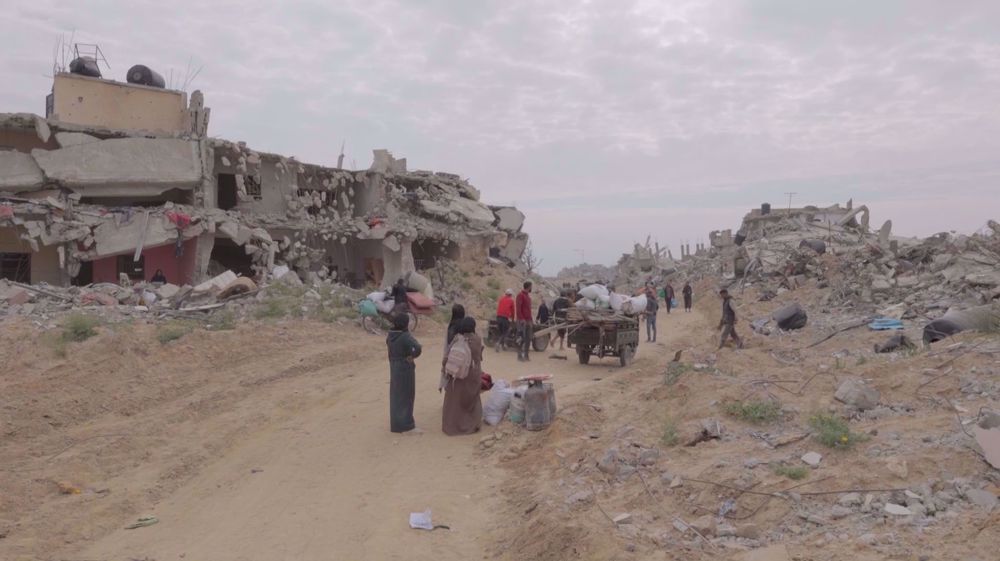Palestinians irked by Israel’s Jerusalem al-Quds cable car plan
Palestinians express dismay as Israel advances a highly-controversial plan to link the western part of the occupied city of Jerusalem al-Quds to its eastern part, which they want as the capital of their future state.
Slated for inauguration in 2021, the transportation system is planned to shuttle some 3,000 people per hour from a former railway station in western Jerusalem al-Quds to the eastern Old City in Jerusalem al-Quds.
"The Israeli cable car project is an obscene violation of the cultural, historical, spiritual, geographic & demographic character of Jerusalem," al-Quds Hanan Ashrawi, a member of the executive committee of the Palestine Liberation Organization (PLO), tweeted on Thursday.
Besides peeking right into the part of the city, which is endeared by the Palestinians due to its housing the al-Aqsa Mosques compound -- Islam's holiest site --, the cable car would be passing by major Palestinian parts in the city, thus ignoring a good part of its demography. The $63-milloin plan, however, moved forward this week when a special committee headed by Israel's finance minister gave it the green light.
"The foundations of the project will be built on our land," said Khaled al-Zeer, a Palestinian from Silwan, neighborhood in East Jerusalem al-Quds, AFP reported. "(It) will give the impression that it is a Jewish city and remove the Palestinian heritage from it," he added.
Yotanan Mizrachi, an Israeli archaeologist opposing the plan, called it a "political project" that will cause "irreversible damage to the historic city." "(It is) going to influence the way we see and understand the archaeology and the antiquity” of the city, he noted.
In 2015, France-based utility giant Suez Environnement said that because of political sensitivities, it had decided not to take part in the project.
“To avoid any political interpretation, Suez Environnement has decided not to take part in this project,” it said.
Israel captured the Palestinian territory of the West Bank in a war in 1967, and then annexed East Jerusalem al-Quds. Ever since, Tel Aviv has continued to expand its illegal settlements and other projects in the area.
Tel Aviv’s attempts at manipulating the cultural and demographic configuration of the Palestinian territories comes while the United Nations Educational, Scientific, and Cultural Organization (UNESCO) approved a resolution in May 2015 that described the regime as an “occupying power” and rejected its sovereignty claims over all of Jerusalem al-Quds.
Israeli airstrikes on Lebanon reach highest level since Nov. 2024 ceasefire: Report
VIDEO | Venezuelans commemorate 34 years since the start of the Bolivarian Revolution
Iran’s new ground stations to boost satellite control, speed up image reception
Gallup: US stands out for political fear, economic stress
IRGC Navy seizes two fuel smuggling vessels in Persian Gulf
Iran march into AFC Futsal Asian Cup final with win over Iraq
Hamas slams latest Israeli strikes on Gaza, says Netanyahu aims to derail truce
UN group denounces EU’s ‘illegal’ designation of Iran’s IRGC













 This makes it easy to access the Press TV website
This makes it easy to access the Press TV website